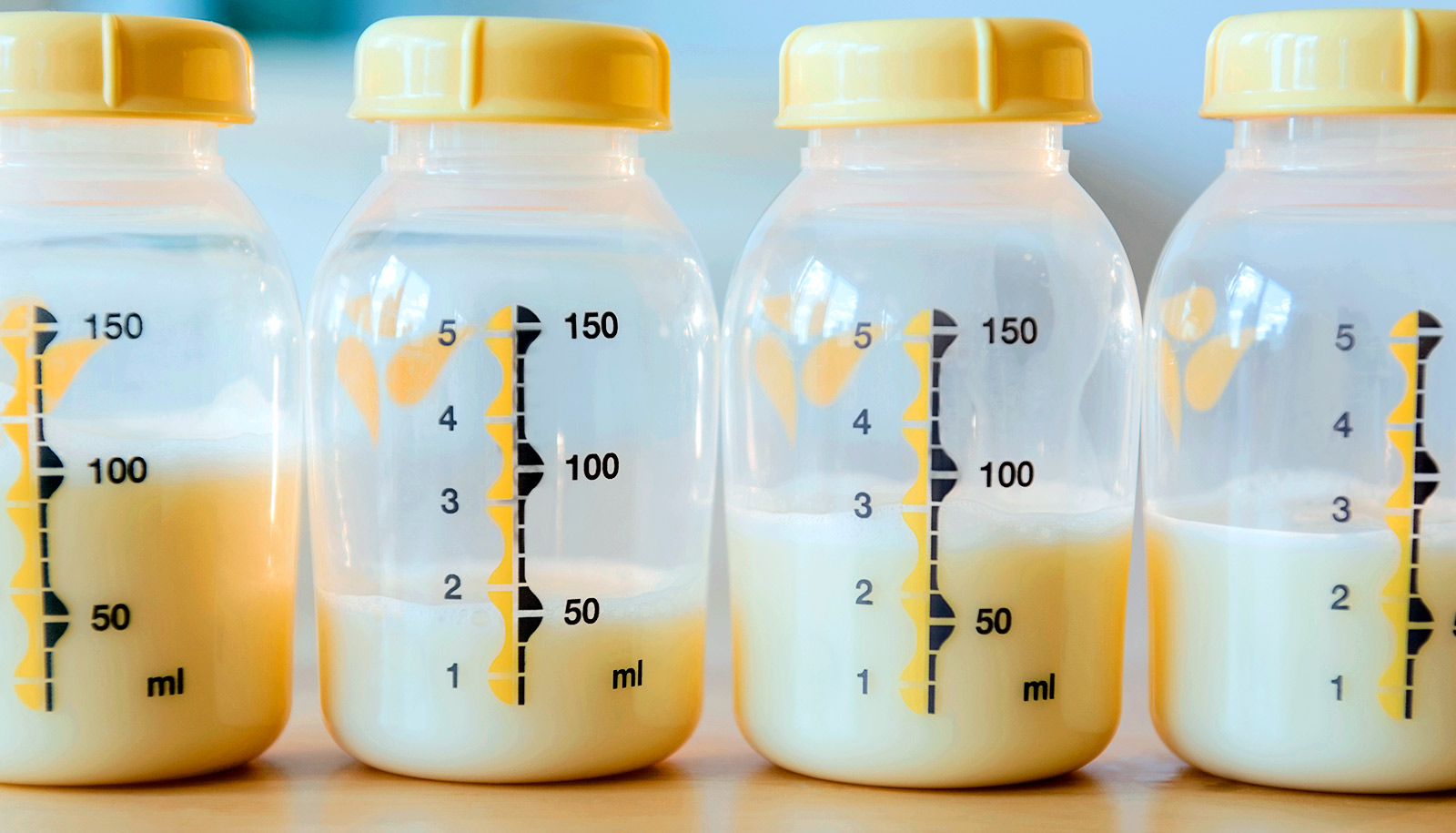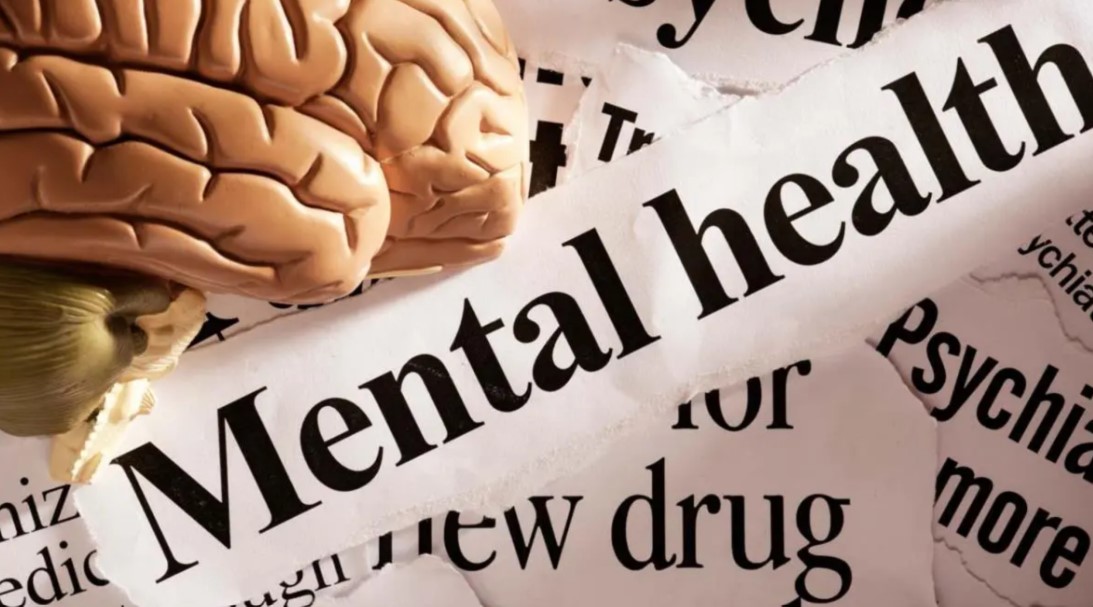
Breastfeeding moms with Covid-19 pass antibodies to their babies
- Biotechnology
- No Comment
- 403

Breastfeeding women with COVID-19 don’t transmit the SARS-CoV-2 virus through their milk, but do pass on milk-borne antibodies that can neutralize the virus, a new study indicates.
Researchers analyzed 37 milk samples submitted by 18 women diagnosed with COVID-19. None of the milk samples contained the virus, while nearly two thirds of the samples did contain two antibodies specific to the virus.
Critically, the findings provide evidence that COVID-19 positive mothers should not be separated from their newborn children. At the onset of the pandemic, major health organizations provided contradictory advice on the necessity of separation was necessary.
The report will hopefully offer new clarity on guidance for postnatal mothers.
“We only want to sequester a mother from her baby if it’s medically necessary,” says co-investigator Bridget Young, assistant professor in the pediatrics department at the University of Rochester Medical Center.
“However, the issue was very confusing for practitioners who don’t have sufficient evidence. These early results suggest that breast milk from mothers who have had a COVID-19 infection contains specific and active antibodies against the virus, and that they do not transfer the virus through milk. This is great news!”
The initial study, published in mBio, reported on the first group of 18 women who submitted milk samples. Results from the larger study will be forthcoming, which will hopefully reinforce the initial findings, Young says.
Mark Sangster and David Topham, both research professors in the microbiology and immunology department, conducted the primary work measuring antibody assay levels in their lab.
“We found high levels of IgA—a common antibody in blood and other body fluids—in their breast milk. IgA’s migrate in mucosal transfer, therefore this is encouraging information that mothers transfer these antibodies,” Sangster says.
Researchers initiated the study to address the lack of existing research into COVID-19 in breast milk. The next steps will be to see if the initial results are replicated in larger samples. The team has now enrolled nearly 50 women diagnosed with COVID-19 and has followed their progress with the disease for as long as two months.
“This work needs to be replicated in larger cohorts. Additionally, we now need to understand if the COVID-19 vaccine impacts breast milk in the same way,” Young says.
Additional researchers are from Brigham and Women’s Hospital, Harvard Medical School, and the University of Rochester.
Source: University of Rochester
Original Study DOI: 10.1128/mBio.03192-20





